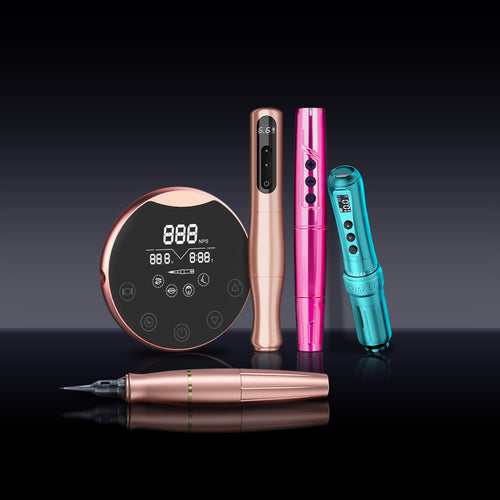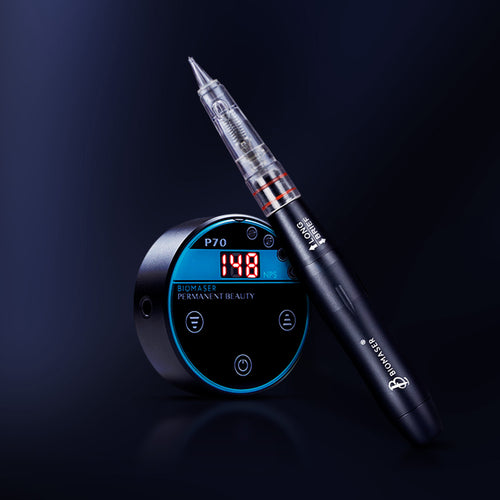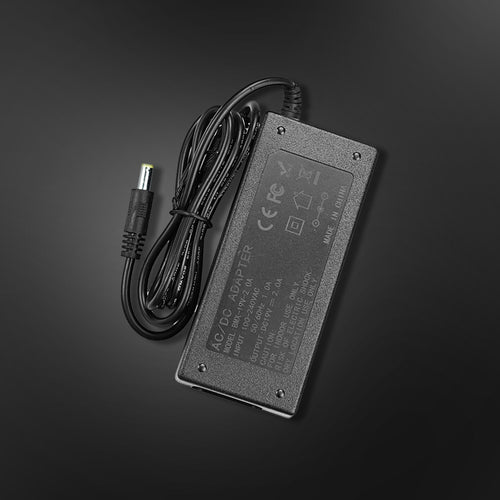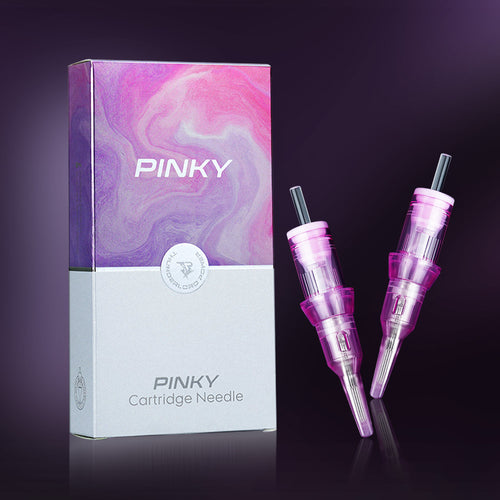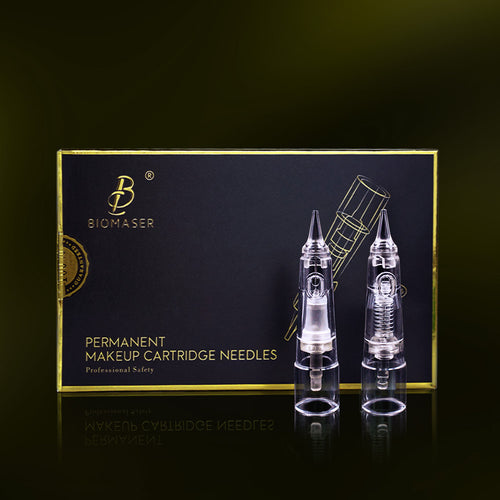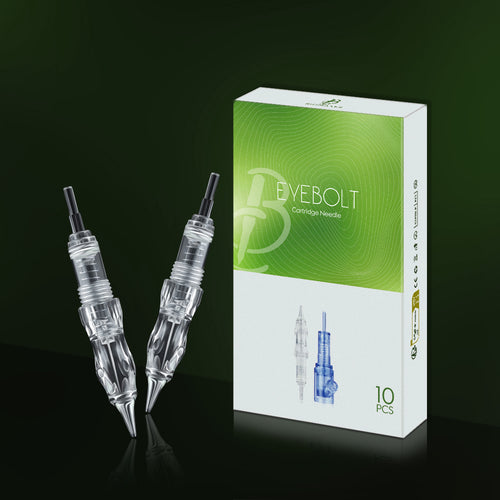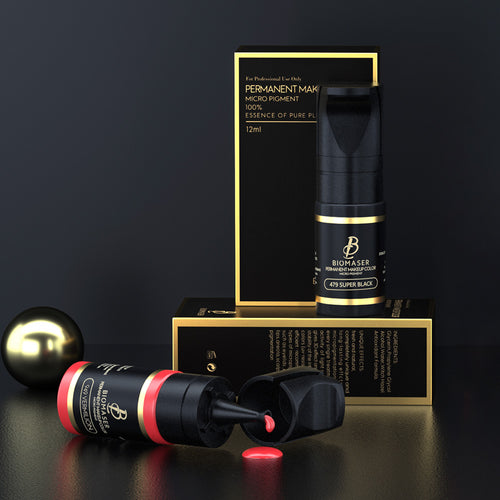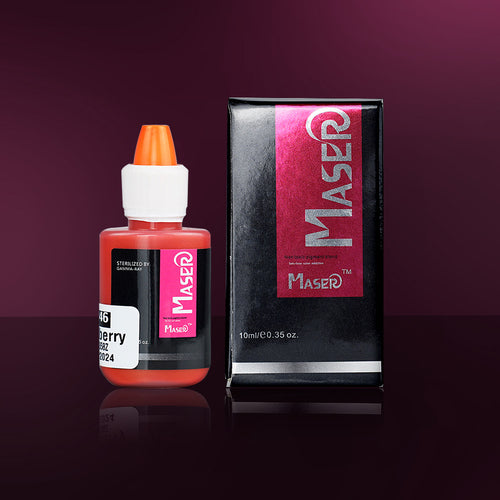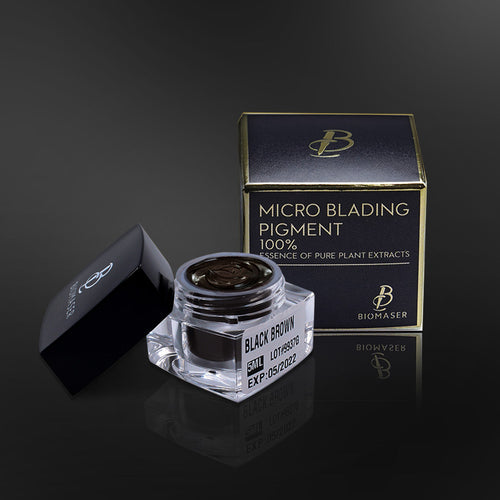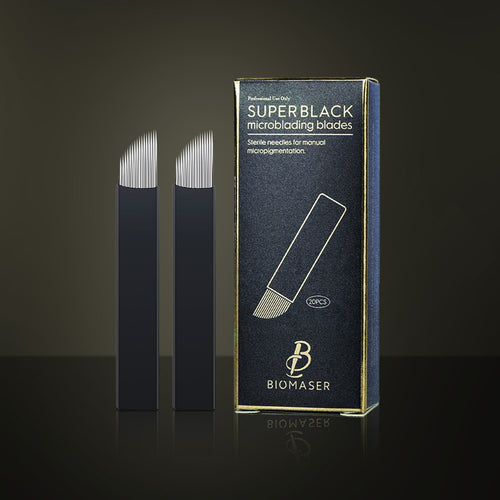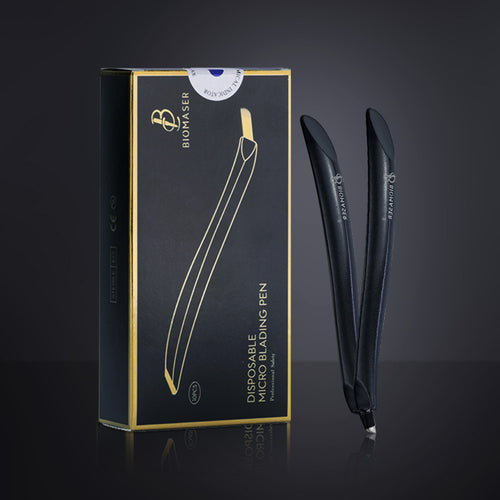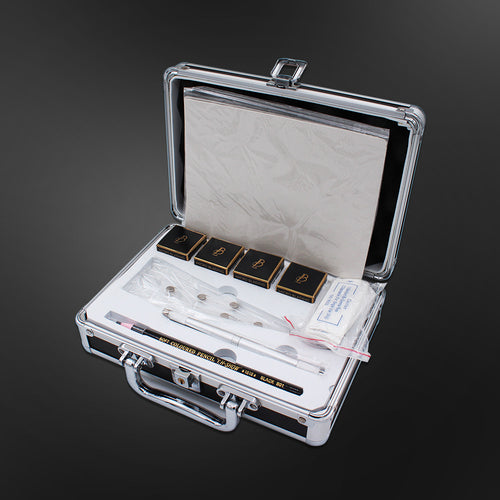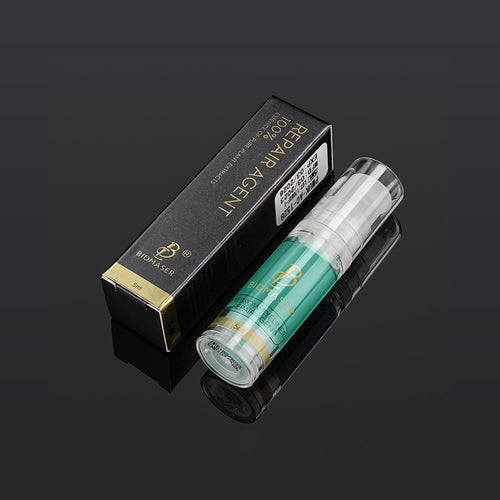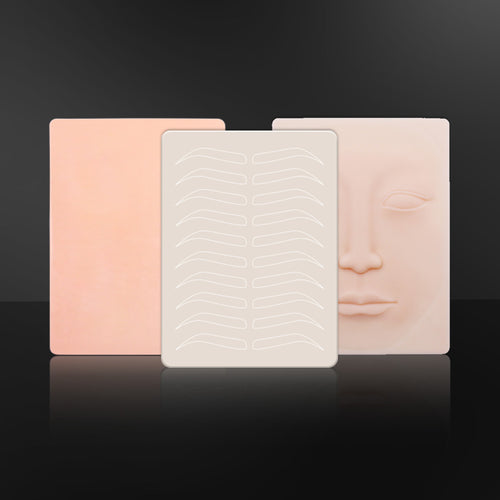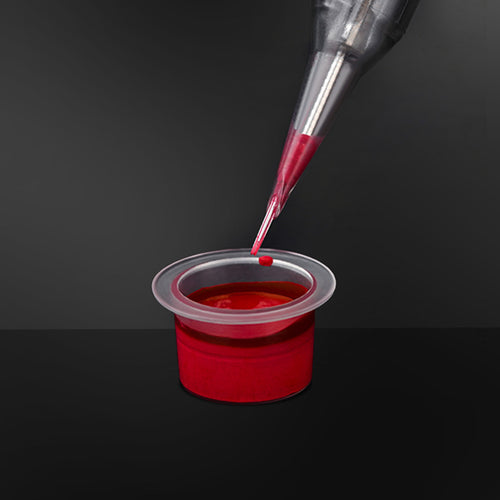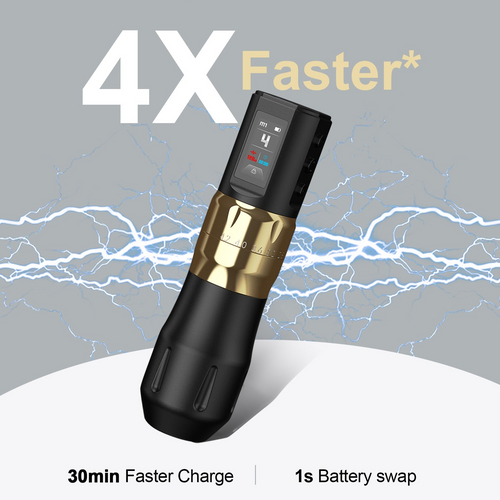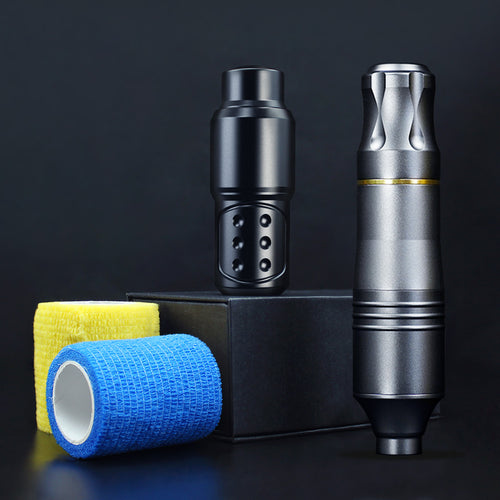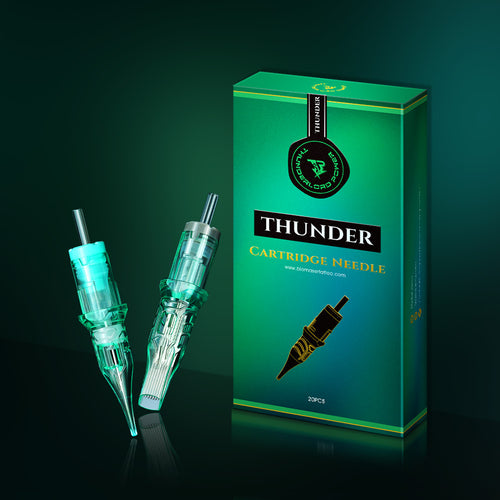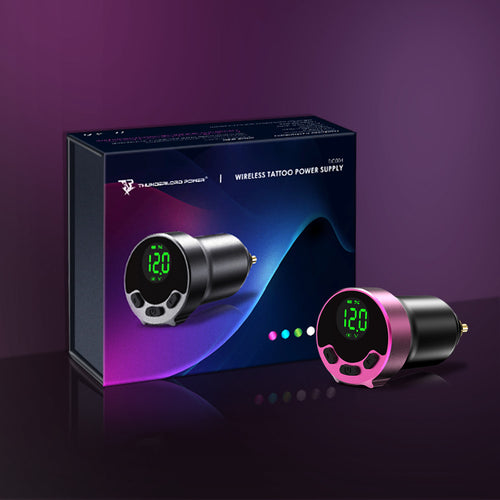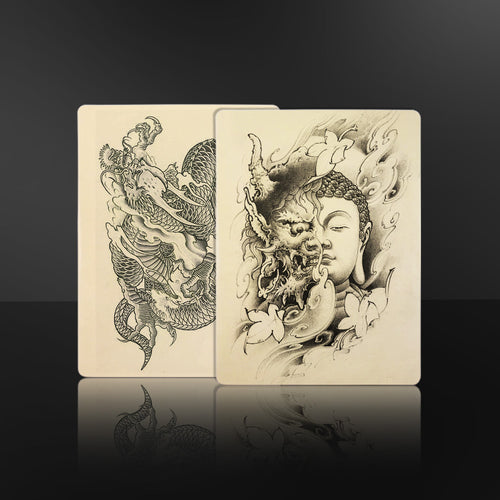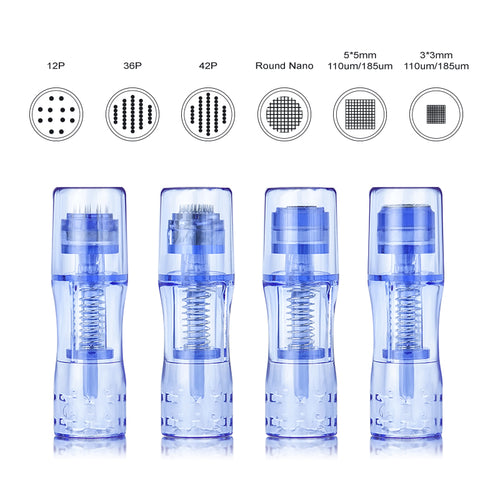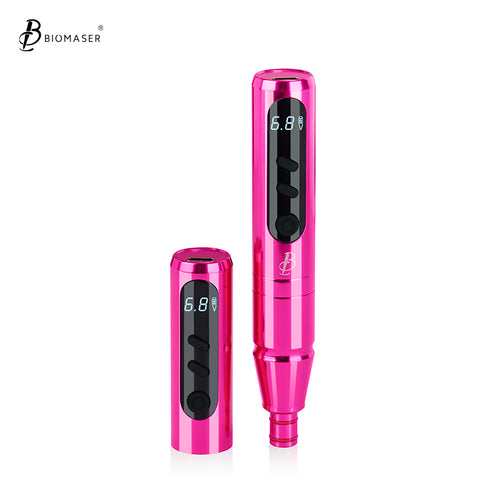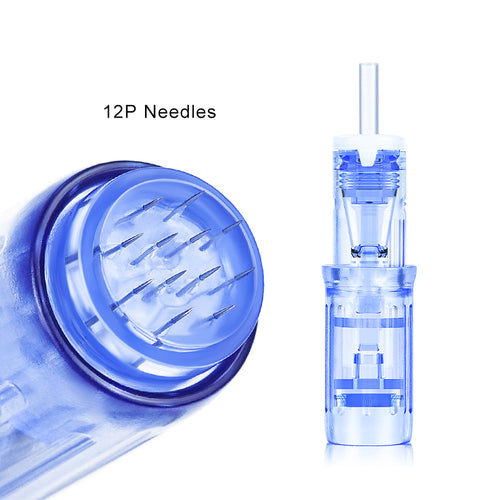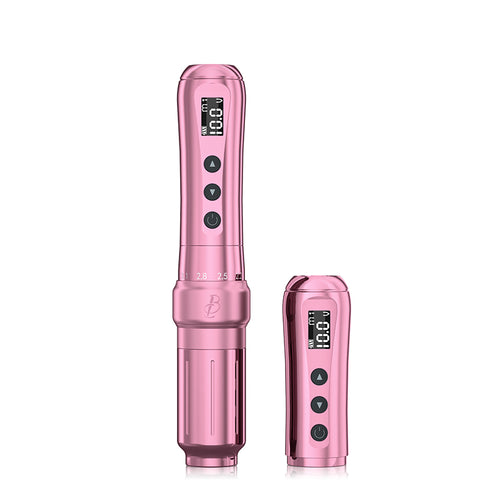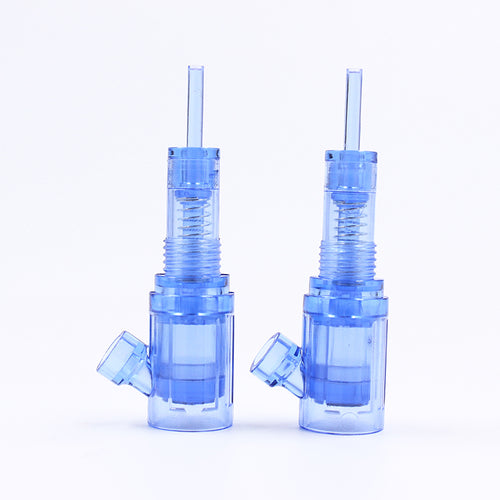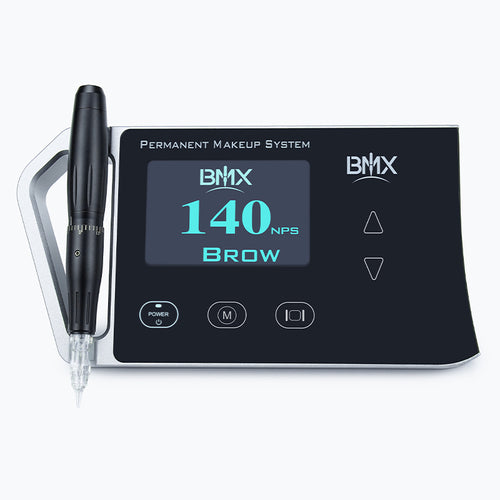Skin or Hair Condition Affecting Your Confidence? Permanent Makeup Can Help
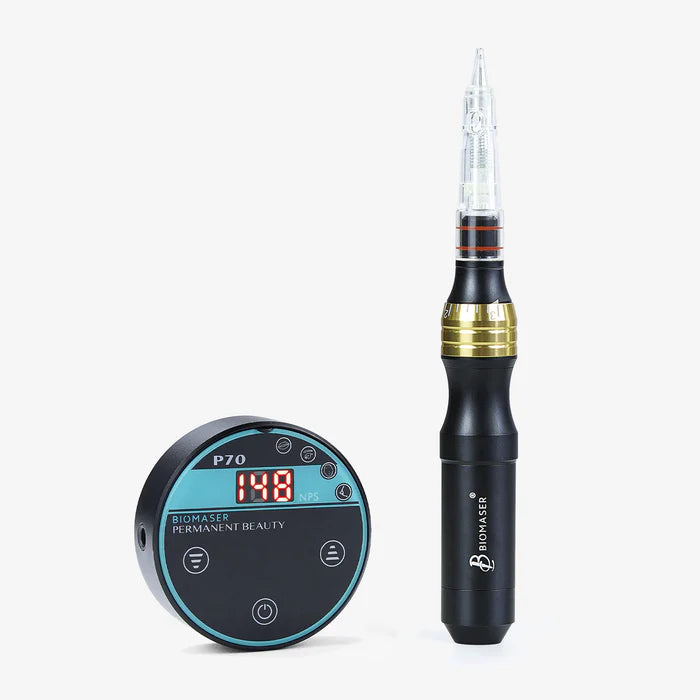
For many people, skin or hair conditions can significantly impact self-esteem, often leading to feelings of insecurity and anxiety. Whether it's acne scars, eczema, hair loss, or sparse eyebrows, these issues can overshadow one's self-image.
But what if there was a way to enhance your appearance and boost your confidence? Enter permanent makeup— a growing trend that offers long-lasting solutions for those looking to feel more empowered about their looks. This blog will explore the connection between skin and hair conditions and self-confidence, delve into the world of permanent makeup, and discuss how it can help you regain your self-assurance.

Common Skin and Hair Issues That Affect Appearance
Common Skin Conditions
Skin conditions are pretty common, and millions are affected by them. Following are some that may impact your confidence:
- Acne and Acne Scars: While most teenagers suffer from acne during puberty, it may as well be in their thirties as adults. The scars left behind can linger long after the acne has cleared, making individuals self-conscious about their skin.
- Rosacea and Redness: This is a chronic condition that leads to redness on the face, which may easily be mistaken for blushing. As the blood vessels become more visible, it may lead to itching and embarrassment in public.
- Eczema and Dermatitis: These inflammatory skin conditions cause red, itchy patches that can be uncomfortable and unsightly. When flare-ups occur, they can affect daily activities and may cause feelings of low self-esteem.
- Hyperpigmentation and Melasma: These conditions result in dark patches on the skin, often due to sun exposure or hormonal changes. They can make the complexion appear uneven and aged.
Common Hair Conditions
Just like skin conditions, hair issues can also take a toll on confidence. Common concerns involve:
- Hair Loss (Alopecia): Whether caused by genetics, stress, or medical conditions, hair loss can be distressing. Many people have thinning hair or spots of baldness, which change their image of themselves.
- Thinning Hair: It's normal to have thinning hair as a person ages, but sometimes it may be depressing, especially when comparing others with themselves.
- Graying Hair: Gray hair is often considered a truer sign of wisdom, but not everyone is comfortable with that change. For that reason, many people get hair dye to retain their natural color.
- Unruly Eyebrows: Well-defined brows frame the face, and thin or bushy eyebrows can mess with facial symmetry and the general look, so problems can be a bit more frustrating.
Well, besides the physical impacts mentioned above, living with skin or hair conditions also have profound effects on emotional well-being. Individuals may experience decreased self-esteem, social anxiety, and further personal and professional relationships. These emotional and psychological impacts are invisible but will affect your status more.

What Is Permanent Makeup?
Permanent makeup, or micropigmentation, is cosmetic tattooing used to improve eyebrows, eyeliner, lips, and other facial features. Unlike traditional makeup, permanent makeup doesn't need to be applied each day. Permanent makeup offers a real convenience for those with time-consuming makeup routines.
Common Types of Permanent Makeup
Here are some popular permanent makeup procedures:
- Eyebrow Tattooing: This is one of the most common permanent makeup processes to help perfectly shape eyebrows with fuller looks.
- Eyeliner Tattooing: Permanent eyeliner gives emphasis to the eyes, offering a defined appearance without daily application hassles.
- Lip Tinting: This procedure adds subtle color to the lips, ideal for those who want to achieve a natural, youthful look.
- Scar Camouflage: Permanent makeup can also work to hide any visible scarring, thus making people feel more comfortable in their own skin.
Benefits of Permanent Makeup
The advantages of choosing permanent makeup are numerous:
- Unlike traditional cosmetics, permanent makeup provides semi-permanent results that can last for years; thus, you can save a lot of time on your daily routines.
- By enhancing natural features, permanent makeup can greatly build confidence and body image.
- Permanent makeup eliminates the need for morning applications, allowing for a more streamlined beauty routine.
- The procedures can be tailored for different skin tones, styles, and preferences so that the outcome is totally personalized.
How Permanent Makeup Address Skin Conditions
Permanent makeup can help improve the appearance of some skin conditions, though it is not a cure for the underlying issues. For those with acne scars or hyperpigmentation, permanent makeup helps create an even skin tone, concealing imperfections and restoring confidence. However, it's important to note that it should not be done during active flare-ups, as the skin may be too sensitive.
Another approach involves enhancing features such as brows and lips with permanent makeup, which can divert attention from problem areas and help individuals feel more attractive.
How Permanent Makeup Address Hair Conditions
Just like skin conditions, permanent makeup could help some of the hair conditions. It will not fix the root of the problem but cosmetically enhances one's feature.
With techniques such as microblading, it gives the clients thicker, well-groomed eyebrows that frame their faces beautifully. For those experiencing hair loss, tattooing tiny dots that mimic hair follicles creates the illusion of a fuller head of hair.
What to Consider Before Trying Permanent Makeup
Before getting into permanent makeup, it's essential to consider a few important factors.
Pre-Treatment
- The whole journey starts with a consultation. This will be your chance to inform the artist what you want and expect from your look. Tell them your skin type, what bothers you, and what kind of look you would like to achieve. A good artist will assess your skin and offer recommendations based on their professional judgment.
- Patch testing is vital before the treatment. This is to check any form of allergic reactions from the pigments used. It's a simple step that may save one from probable discomfort later.
- If you have specific health conditions, like blood disorders or skin sensitivities, you must get medical clearance first before going through permanent makeup, to ensure your safety throughout the process.
- Research the permanent makeup artist's credentials and experience. During consultations, ask about their training, techniques, pigments, aftercare, and health protocols to ensure safety and quality for your desired results.
Post-Treatment
- Some degree of redness and swelling can be expected after permanent makeup procedures. The healing times will vary depending on the individual treatment but generally range from a few days to a couple of weeks.
- Like all cosmetic tattooing, permanent makeup requires some maintenance to keep it looking its best. This includes aftercare routines and occasional touch-ups. Touch-ups may be needed every 1-3 years, depending on your skin type and lifestyle.
- Permanent makeup does last longer than any ordinary cosmetic makeup, but is not truly permanent. Various factors, such as sun exposure, skin type, and lifestyle, can cause pigmentation to fade over time.
- Results can enhance your features but won't solve all appearance-related concerns. Embrace the enhancements, but also know beauty comes in many forms.
Experience Renewed Confidence Through Permanent Makeup!
Permanent makeup is, no doubt, a likely way to regain lost self-esteem and build up your look. Learn its benefits and know what to consider before you make up your mind, then you will know if it is right for you. If you are still in doubt as to whether this option works, you can consult a reputable professional. But remember, confidence comes from within— that's what can last forever!
